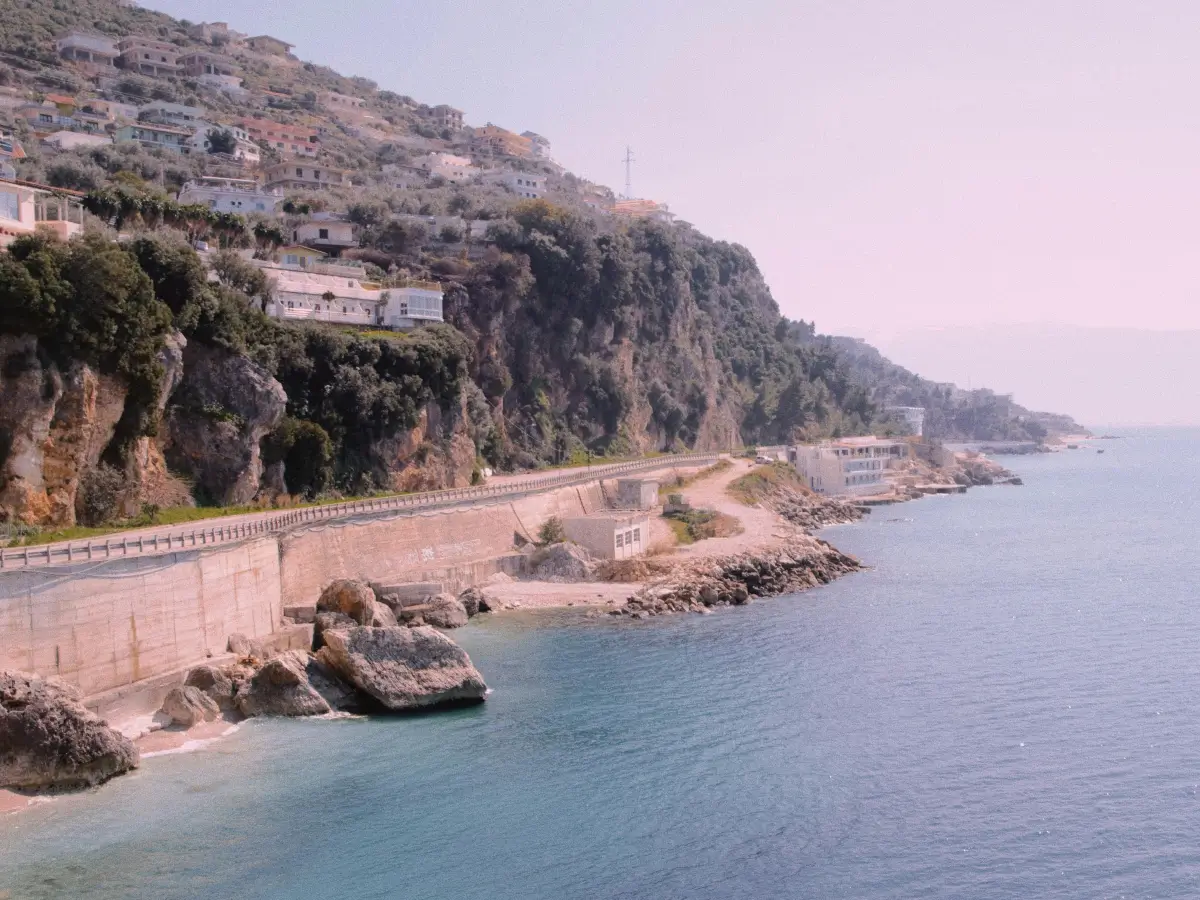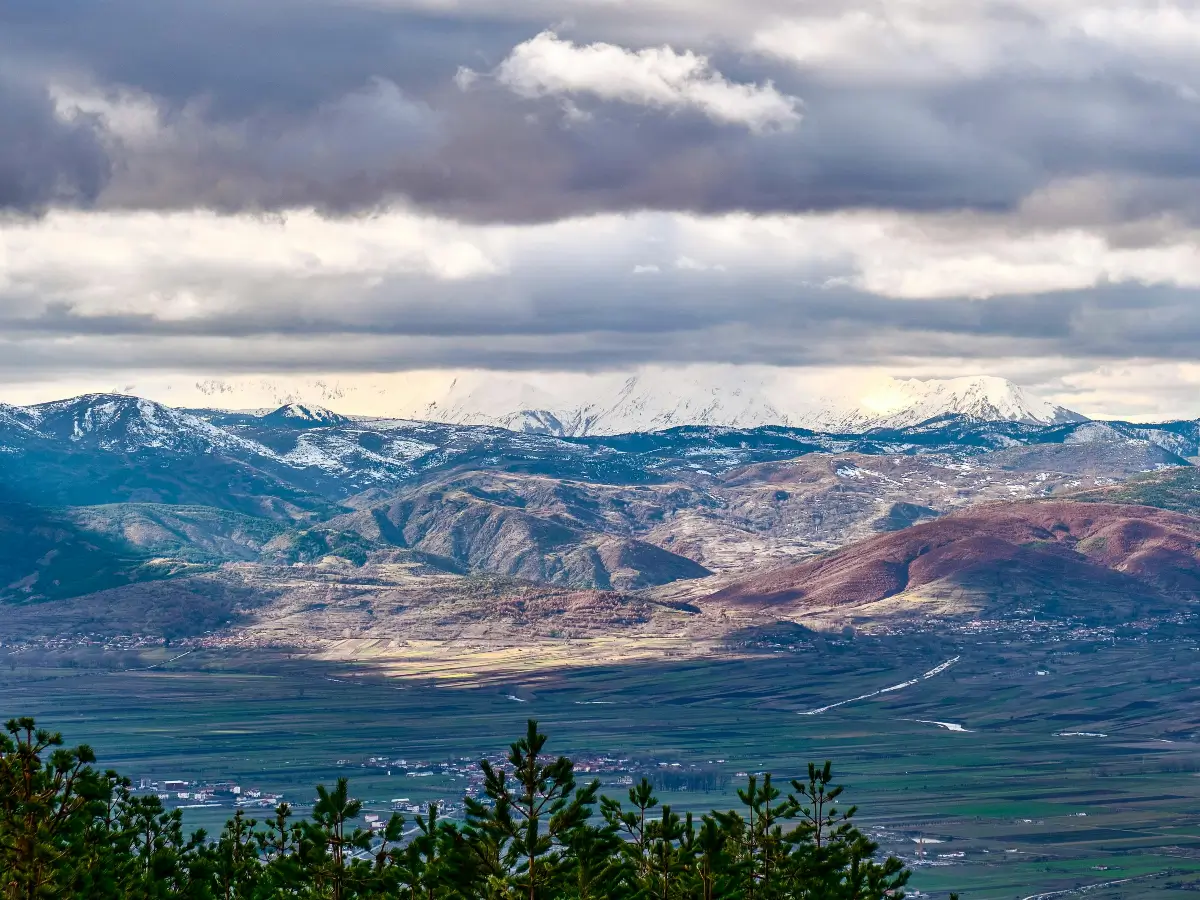Albania has become an increasingly attractive destination for international investors, especially in the real estate sector. With prices still competitive and construction opportunities expanding, many foreign buyers wonder if they can legally purchase undeveloped land—either to build on it or hold for long-term investment. The answer depends entirely on your legal status, the type of land, and how the purchase is structured.

What the law says about land ownership
Foreign individuals are legally allowed to own property in Albania, including residential and commercial buildings. However, buying undeveloped land—especially agricultural land—is subject to restrictions when the buyer is a foreign citizen without Albanian citizenship or residency.
According to the Albanian Constitution and current property laws, foreign individuals cannot directly purchase agricultural land or plots located outside urban areas unless they meet very specific criteria. These restrictions exist to protect national land resources and prevent speculative ownership of non-urban territory.
However, there are several legal workarounds that allow foreign investors to develop land in full compliance with the law.
Buying land through a company
The most common and legally secure method is for the foreign buyer to establish a company in Albania and purchase the land through that entity. Once registered, the company is considered a domestic legal entity and can acquire land just like any other Albanian business.
This method is fully permitted under Albanian law. It allows foreign nationals to purchase land for construction, development, or investment purposes—even if the land is currently undeveloped. This approach is commonly used in coastal areas, tourism zones, and suburban developments where future building potential is high.

Many investors create a limited liability company (SHPK), which is simple to register and allows full ownership by a foreign individual or group.
Urban vs. agricultural land
Foreign buyers need to understand the distinction between urban construction land and agricultural land. Urban plots are part of the local municipality’s approved construction zones. These plots are usually eligible for building permits and can be purchased through an Albanian company for development.
Agricultural land, on the other hand, remains restricted. A foreign individual or entity cannot convert agricultural land to building land without following a formal zoning change procedure. These procedures are long and not guaranteed, especially in rural or protected areas.
For this reason, most foreign investors focus on land that is already inside an urban development plan or classified for touristic or mixed-use construction.
Land inheritance and partnerships
There are a few exceptions. If a foreigner inherits land in Albania from an Albanian relative, that ownership can be legally recognized. Similarly, foreigners who marry Albanian citizens and reside permanently in the country may have broader property rights, depending on their residency status.

Another path is to enter into a legal partnership with an Albanian citizen or company, with clear contractual agreements. However, this must be handled carefully to ensure proper registration and avoid future ownership disputes.
Why structure matters
In practice, the Albanian legal system is very open to investment—but the structure of the ownership matters. Foreigners who try to purchase undeveloped land in their personal name without meeting the legal requirements will be denied during the notary or land registry process.
Registering a company is the most stable solution. It ensures full compliance with property law, allows for tax registration, enables construction permit applications, and creates a legal framework for reselling or developing the land later.
Foreign citizens can legally develop or invest in land in Albania—as long as they structure the purchase correctly. Direct personal ownership is limited, but with the right setup, the country offers strong potential for real estate development and long-term land value appreciation.